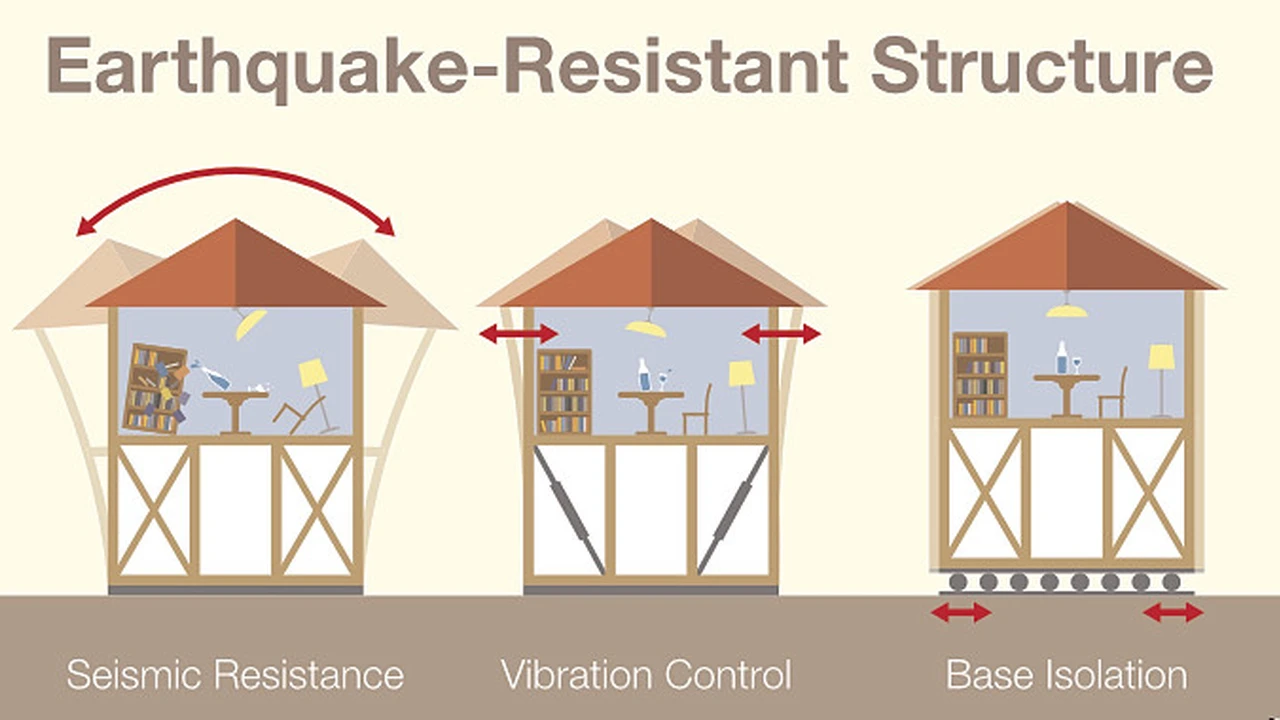Life Insurance and Taxes: What You Need to Know

normal text: Navigating the travel insurance claim process can be confusing. This step-by-step guide walks you through the process from start to finish. Learn how to file a claim, gather documentation, and get the settlement you deserve.
Understanding Your Travel Insurance Policy and Claim Eligibility
Before you even consider filing a travel insurance claim, the absolute first step is to thoroughly understand your travel insurance policy. Don't just skim through it; really read it. Know what's covered, what's not, and what the specific requirements are for making a claim. This knowledge is your power when dealing with insurance companies. Key things to look for include:
- Coverage Limits: What's the maximum amount the policy will pay out for each type of claim (e.g., medical expenses, baggage loss, trip cancellation)?
- Deductibles: How much will you have to pay out of pocket before the insurance coverage kicks in?
- Covered Events: What specific events are covered by the policy? Common examples include illness, injury, natural disasters, flight delays, and lost luggage.
- Exclusions: What events are explicitly excluded from coverage? (We'll dive deeper into exclusions in the next section.)
- Claim Filing Deadlines: How long do you have after an event occurs to file a claim? Missing the deadline could mean your claim is denied.
Once you've reviewed your policy, determine if the event you experienced is actually covered. For instance, if you're trying to claim for a pre-existing medical condition that wasn't disclosed, you'll likely be out of luck. Or, if your flight was delayed due to a strike, and your policy excludes strikes, your claim will be denied. Knowing this upfront saves you time and frustration.
Gathering Essential Documentation for a Successful Claim
Proper documentation is crucial for a smooth and successful travel insurance claim. The more evidence you can provide, the stronger your case will be. Here's a list of documents you'll likely need, depending on the type of claim:
- Policy Documents: Always keep a copy of your travel insurance policy with you, either physically or digitally.
- Medical Records: If you're claiming for medical expenses, you'll need detailed medical records from the doctor or hospital that treated you. This includes diagnoses, treatment plans, and bills.
- Proof of Payment: Keep receipts for all expenses related to your claim, such as medical bills, accommodation costs, and transportation.
- Police Report: If you're claiming for theft or loss of belongings, you'll need a police report filed in the location where the incident occurred.
- Airline Documentation: For flight delays or cancellations, get written confirmation from the airline, including the reason for the delay or cancellation and any compensation they provided.
- Baggage Claim Form: If your luggage is lost or damaged, file a baggage claim form with the airline immediately. Keep a copy of the form and any correspondence with the airline.
- Trip Itinerary: Provide a copy of your travel itinerary, including flight details, hotel reservations, and any pre-booked tours or activities.
- Photos and Videos: If possible, take photos or videos of the damage or loss. This can be especially helpful for damaged luggage or property.
- Witness Statements: If there were witnesses to the event, get their contact information and ask them to provide a written statement.
Organize all your documentation neatly and keep copies in a safe place. It's also a good idea to scan all documents and store them digitally in case the originals get lost.
Filing Your Travel Insurance Claim: Online vs. Paper Forms
Most travel insurance companies offer online claim filing, which is generally the fastest and most convenient option. Check your policy for instructions on how to file a claim online. If online filing isn't available, you'll need to complete a paper claim form. You can usually download the form from the insurance company's website or request one by mail. Whether you're filing online or using a paper form, be sure to:
- Read the Instructions Carefully: Follow the instructions on the claim form precisely. Missing information or errors can delay the processing of your claim.
- Provide Accurate Information: Be honest and accurate in your responses. Providing false information can invalidate your policy.
- Include All Required Documents: Make sure you attach all the necessary documentation to support your claim.
- Keep a Copy of Your Claim: Before submitting your claim, make a copy for your records.
After you submit your claim, you'll typically receive an acknowledgement from the insurance company. This acknowledgement will include a claim number, which you'll need for all future correspondence. Keep track of your claim number and any communication you have with the insurance company.
Following Up and Appealing a Denied Claim
The waiting game begins after you've submitted your claim. Insurance companies typically have a processing time, which can vary depending on the complexity of the claim. Don't be afraid to follow up with the insurance company if you haven't heard anything after a reasonable amount of time. Ask for an update on the status of your claim and provide any additional information they may need. If your claim is denied, don't give up hope! You have the right to appeal the decision. When appealing a denied claim:
- Understand the Reason for Denial: Find out exactly why your claim was denied. The insurance company should provide a written explanation.
- Gather Additional Evidence: If the denial was due to lack of documentation, gather any additional evidence you can find to support your claim.
- Write a Formal Appeal Letter: Clearly explain why you believe the denial was incorrect and provide any supporting evidence.
- Meet the Appeal Deadline: Make sure you file your appeal within the specified deadline.
- Consider External Resources: If your appeal is denied, you may be able to seek assistance from a consumer protection agency or a lawyer specializing in travel insurance claims.
Travel Insurance Products: Choosing the Right Coverage for Your Needs
Selecting the right travel insurance policy is just as important as knowing how to file a claim. There are various types of travel insurance policies available, each offering different levels of coverage. Here are a few popular options and when they might be a good fit:
Basic Trip Cancellation Insurance: Protecting Your Investment
Use Case: Ideal for travelers concerned about losing their money if they have to cancel their trip due to unforeseen circumstances, such as illness, injury, or a family emergency. Coverage: Typically covers non-refundable trip costs, including flights, hotels, and tours. Example: Allianz Travel Insurance offers basic trip cancellation plans starting around $50, depending on the trip cost and the traveler's age. Comparison: Compared to comprehensive plans, it's cheaper but offers limited coverage. Doesn't usually include medical expenses or baggage loss.
Comprehensive Travel Insurance: The Most Extensive Protection
Use Case: Suitable for travelers who want the most comprehensive protection against a wide range of travel-related risks, including medical emergencies, trip cancellations, baggage loss, and travel delays. Coverage: Includes trip cancellation, trip interruption, medical expenses, emergency evacuation, baggage loss, travel delays, and more. Example: World Nomads Explorer Plan is a popular comprehensive option for adventure travelers, starting around $100 for a one-week trip. Comparison: More expensive than basic plans but offers significantly broader coverage. Ideal for international travel and high-risk activities.
Medical Travel Insurance: Prioritizing Health and Safety
Use Case: Perfect for travelers with pre-existing medical conditions or those traveling to countries with high medical costs. Coverage: Covers medical expenses, emergency evacuation, and repatriation. Some policies also cover pre-existing conditions if disclosed and approved. Example: Travel Guard offers specialized medical travel insurance plans, with premiums varying based on age, medical history, and destination. Comparison: Focuses primarily on medical coverage, making it a good choice for those with specific health concerns. Might not include as much coverage for trip cancellations or baggage loss compared to comprehensive plans.
Adventure Travel Insurance: For Thrill Seekers and Adrenaline Junkies
Use Case: Designed for travelers participating in high-risk activities such as skiing, scuba diving, mountain climbing, and other adventure sports. Coverage: Includes medical expenses, emergency evacuation, and equipment coverage related to adventure activities. Example: IMG Signature Travel Insurance is a good option for adventure travelers, with premiums varying based on the activity and the length of the trip. Comparison: Covers specific risks associated with adventure activities that may be excluded from standard travel insurance policies.
Cruise Insurance: Sailing with Peace of Mind
Use Case: Tailored for cruise vacations, covering specific risks associated with cruising, such as trip interruptions due to itinerary changes, medical emergencies at sea, and missed port excursions. Coverage: Includes trip cancellation, trip interruption, medical expenses, baggage loss, and missed shore excursions. Example: Allianz Cruisesmart plan is a popular option with specific cruise-related coverage, starting around $80. Comparison: Covers cruise-specific risks that may not be included in standard travel insurance policies.
Essential Tips for a Smooth Travel Insurance Claim Process
- Read the Fine Print: Always read the terms and conditions of your policy carefully before you travel. Pay attention to exclusions, limitations, and requirements.
- Keep Your Documents Safe: Store your travel insurance policy and all supporting documents in a secure place, both physically and digitally.
- Report Incidents Promptly: Report any incidents that could lead to a claim as soon as possible. This includes lost or stolen belongings, medical emergencies, and travel delays.
- Be Organized: Keep track of all communication with the insurance company, including claim numbers, emails, and phone calls.
- Don't Exaggerate: Be honest and accurate in your claim. Exaggerating or falsifying information can invalidate your policy.
- Seek Professional Help: If you're struggling with the claim process, consider seeking assistance from a travel insurance expert or a lawyer.
:max_bytes(150000):strip_icc()/277019-baked-pork-chops-with-cream-of-mushroom-soup-DDMFS-beauty-4x3-BG-7505-5762b731cf30447d9cbbbbbf387beafa.jpg)






